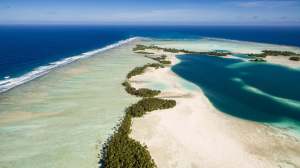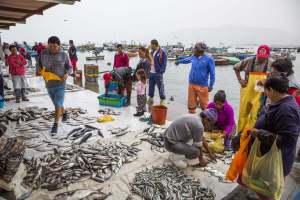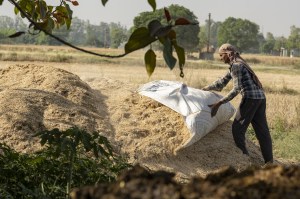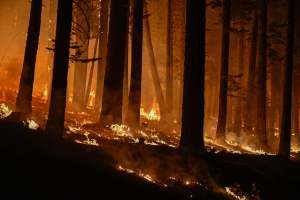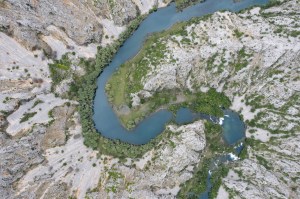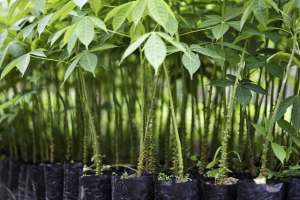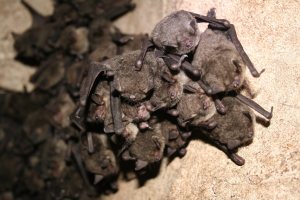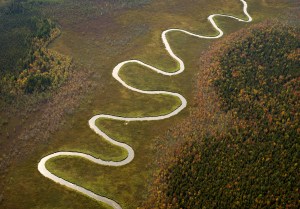Discover stories in Science Briefs
Coral Atolls are Not a Lost Cause
An international team argues that strategic ecological restoration could save coral atoll islands from the rising seas of climate change.
Prioritizing Land Protection to Save Mammals from Extinction
A new study identifies habitats where strengthening existing conservation protections can reduce extinction risk for mammals.
Nature and Equity: The Future of Lasting Conservation?
Solutions to the challenges of biodiversity loss and climate change may require entwined solutions framed by “Nature and Equity.”
A New Boost for Biochar as a Natural Climate Solution
Biochar could be a meaningful ally in tackling the climate crisis.
Forest Management Can Keep Carbon in Forests and Protect Communities from Wildfire in the American West
The U.S. is investing billions of dollars to reduce forest fire risks. New research maps the hot spots where investments in strategic forest management could offer the biggest payoff for people and climate.
Making Global Freshwater Targets Local
Creative solutions that go beyond conventional protected areas are necessary to safeguard the future of global freshwater ecosystems.
Solar Energy Development Doesn’t Have to Destroy Vital Habitat (but It Could)
With careful planning, the U.S. could produce needed solar energy and still protect lands important for animal movement and migration.
Small Land Holders Can Lead the Way in Tropical Tree Cover Restoration
Science shows that when it comes to tropical forest restoration at scale, small landholders matter. A lot.
Liana Cutting in Selectively Logged Forests Increases Carbon Sequestration
Cutting lianas, a diverse group of woody climbing plants, is a well-known way to increase carbon sequestration and timber production.
Modeling Migration and Movement of Gray Bats
Gray bats roost in large concentrations in well-studied caves, but where they go once they leave the caves is not […]
Why Protected Areas Must Consider What’s Beneath the Surface
New research finds that 85% of protected areas with groundwater-dependent ecosystems have groundwatersheds that may be underprotected.
Cattle Graze Milkweed As Much As Grasses. Are There Implications for Monarchs?
Most researchers assume cattle avoid milkweed due to toxic compounds. New research finds that cattle graze milkweeds at least as […]
